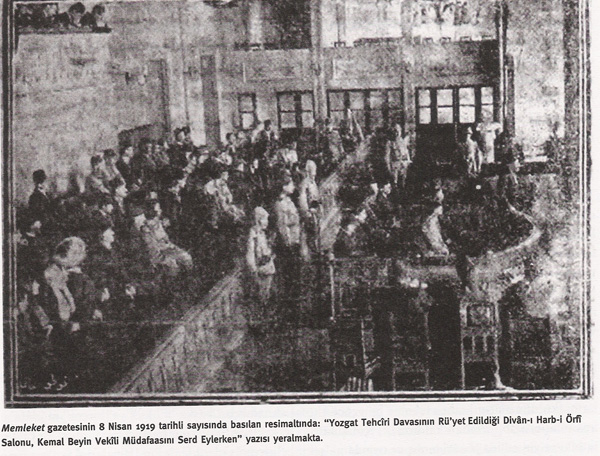Anti-Armenian conferences and events are becoming more frequent in Turkey in April. Recently, a conference was held on “The Armenian Question and Governor Kemal Bey” there. Akunq.net reported about this, referring to Turkish “Milliyet” periodical.
According to the source, Ihsan Kurt, who even escaped from the word “deportation” adopted by Turkish official historiography, calling the Armenian Genocide “transfer” and claiming that there was no “deportation”.
The Turkish “scholar” has also repeated the false theses of Turkish official historiography, as if “since at that time the country was in a state of war, such cases were quite natural”.
Referring also to the governor of Yozgat and the governor of Boğazlıyan, Kemal Bey, Ihsan Kurt insisted that Kemal was sentenced to death as a result of the Armenian propaganda.
Let us remind that the trial of the Yozgat was the first of 63 judicial cases initiated in Istanbul on the charge of deportation and massacres of 1919-1921 Armenians, as a result of which the court, listening to many Turkish and foreign witnesses, condemned Kemal to death for executing the order from the center to kill many Armenians.
Kemal’s death sentence was executed on April 10, 1919, at Bayazet Square in Istanbul. Immediately after this death penalty, the Young Turks organized a large demonstration in favor of Kemal’s memory and presented him as the first “victim”, then solemnly buried him, something that was unacceptable for such convicts.
And later, the Republic of Turkey has not only glorified murderers of Armenians like Kemal but even provided pensions and property to their families. And so far, Turkey regularly organizes events commemorating those murderers.
Meline ANUMYAN




















































